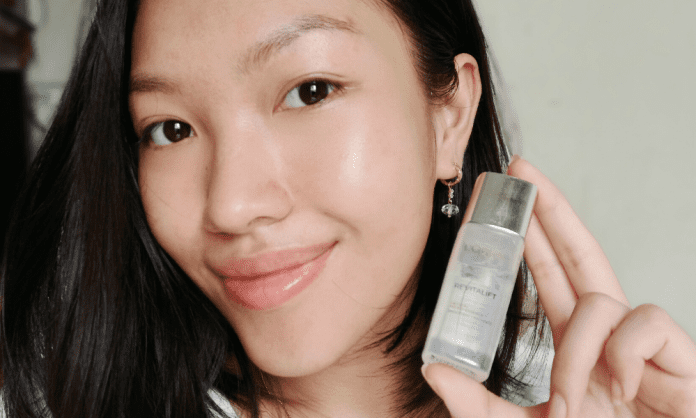From snail slime to bird poop facial, it’s mind-blowing what people are willing to go through to achieve beautiful skin. Getting flawless skin is not about bizarre skin treatments. Just an extra step to your daily skincare routine can help you get closer to your desired skin. And we are here to let you know about an essential skincare product you should consider: ‘Serum’
What is Serum?
Serums are a lightweight solution with higher concentrations of active ingredients that penetrate deeper into your skin. It targets individual skin concerns such as dry skin, blemishes, acne, ageing skin, wrinkles, pigmentation and many more.
Are moisturizer and serum the same?
Serums are 70% more concentrated than your regular moisturizer or face oils. Despite sharing similar characteristics, serums are easily absorbed into your skin and effectively works on specific skin problems while moisturizers stay on the top layer of the skin to keep your skin hydrated.
Benefits of Serum
The range of benefits of using serum includes treating your skin concerns from the root, to working your way to youthful-looking skin. Some serum contains essential medicinal retinol that targets uneven skin tone and reduces ageing symptoms.
Serums are expert at treating redness, wrinkles and pigmentation with the help of antioxidants like Vitamin A, C and E.
Which Serum is For Your Skin?
Choosing the right serum can be a little tricky. You might need a combination of two or more serums, depending on your skin concern.
1. Hydrating Serum
Dry skin is a common skin issue that can be easily treated with serums that lock moisture into the skin and provides balanced hydration for dewy-looking skin.
The Green Tea Seed Serum from Innisfree contains fresh green tea that deeply hydrates your skin. The green tea seed oil creates a strong barrier to keep your skin moisturized longer.
2. Serum for Scars and Pigmentation
Stubborn acne scar and pigmentation can be difficult to get rid of. To combat that, your skin needs a high strength serum that penetrates into the deeper layers of the skin and gradually fade away the unevenness.
Try the K-bright Crystal Bright Illuminating Serum that claims to be enriched with a powerful active-ingredient complex and essential probiotic enzymes. The serum promises to work at the cellular level of your skin to give you smooth and radiant skin
3. Serum for Oily Skin
Oily skin produces excess sebum through big open pores. A well-hydrated skin produces less sebum. Choose a serum that reduces the size of your pores and helps retain the moisture of your skin.
Try the Skin Inc Vitamin C Serum that is created with a combination of Vitamin E, Vitamin C and Vitamin B6 and special seaweed capsules. These active ingredients in the serum help to balance the sebum production in your skin and lessen the appearance of pores.
4. Serums for Anti Ageing
The demand for anti-ageing products has always been high. You may not completely prevent the natural ageing process but you can keep your skin hydrated and well-treated for a younger appearance.
Begin your anti-ageing skincare with L’oréal Revitalift Laser Renewing Anti-aging Serum. This serum claims to provide triple action for ageing skin. The serum helps to re-plump wrinkles, provide smooth skin texture and tighten the pores in the skin.
5. Personalized Serum
Instead of having to buy a bunch of serums and mix on your own, you can actually customize your serum according to your skin’s requirement. That way you also save money!
Alche{me} gives you the wonderful opportunity to combine various serums for your unique skin issues and transform into one solution. The brand has a wide range of rare ingredients such as Wu Zhu fruit extract, Moringa seed extract, Babchi seeds extract, Ascorbic tetraisopalmitate (high penetration Vitamin C), Ginseng extract and the list goes on.
You can even get a free skin consultation if you are not sure about which serum is for your skin type.
Being new to the world of serum can be anticipating and overwhelming at the same time. Make sure you only get what your skin needs. It’s always better to consult a dermatologist to help you understand your skin better.












